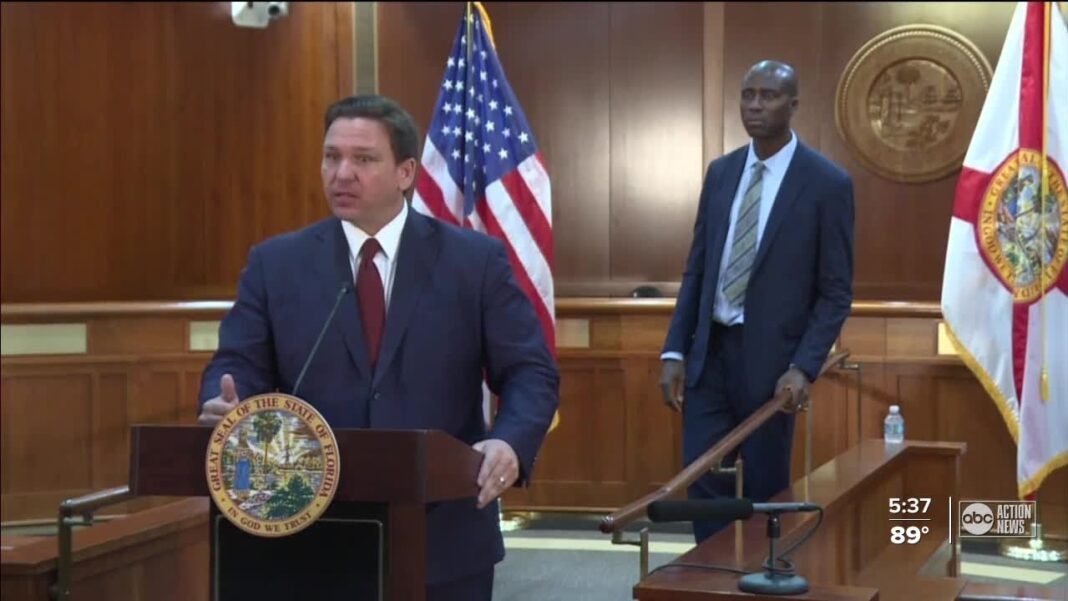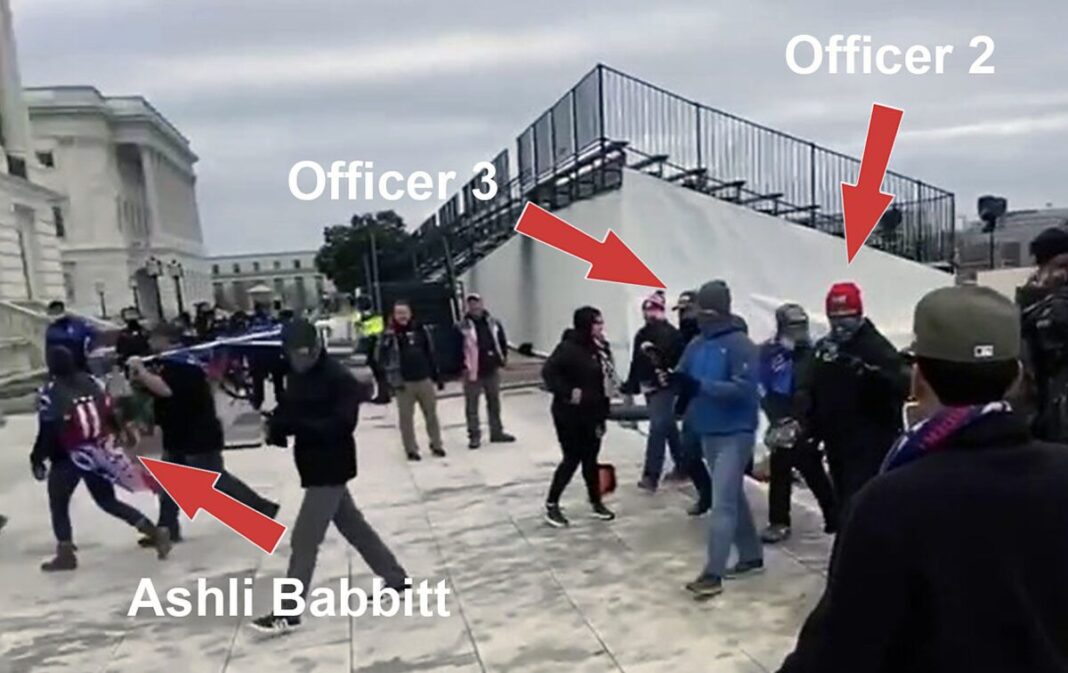U.S. President Joe Biden is seeking a meeting with Chinese communist leader Xi Jinping to discuss developments related to the United States’ shooting down a Chinese spy balloon earlier this month, and to pursue regular relations with China.
Biden ordered the balloon to be shot down when it entered airspace over the continental United States near the Idaho-Montana border on Jan. 31. The Pentagon chose to collect intelligence from the balloon, ultimately waiting until Feb. 4 to shoot it down off the coast of South Carolina.
“I expect to be speaking with President Xi, and I hope we are going to get to the bottom of this,” Biden said during a Feb. 16 press conference.
“But I make no apologies for taking down that balloon.”
The Chinese Communist Party (CCP), which rules China as a single-party state, shut down top-level military communications with the United States after the incident, refusing to accept calls from U.S. Defense Secretary Lloyd Austin.
Despite the stonewalling, the Biden administration has vowed to keep all lines of communication open with China, and is continuously seeking to reengage the communist power to prevent a further worsening of relations between the two powers.
“This episode underscores the importance of maintaining open lines of communication between our diplomats and our military professionals,” Biden said.
“Our diplomats will be engaging further, and I will remain in communication with President Xi.”
To that end, Biden said that the United States was continuing with efforts to engage China and seek normal relations between the two countries.
Thus far, the Biden administration has adopted a relatively mild response for the violation of U.S. airspace, opting to sanction six entities related to China’s military spy balloon program.
China, likewise, has issued largely symbolic sanctions on the United States’ two largest defense manufacturers, Lockheed Martin and Raytheon.
Earlier in the month, the administration acknowledged that China’s spy balloon program had been in development for years, and targeted 40 nations on five continents, including the country’s “closest allies and partners.”







